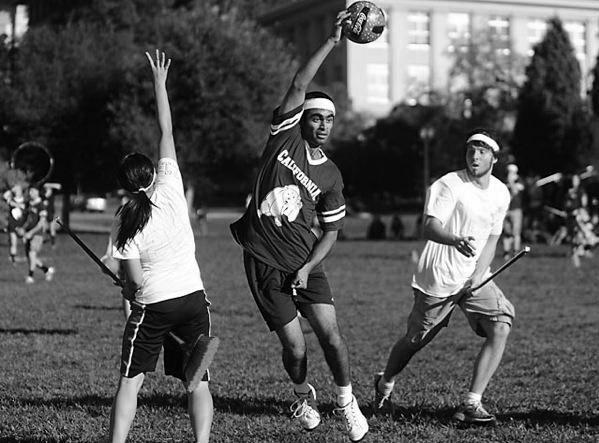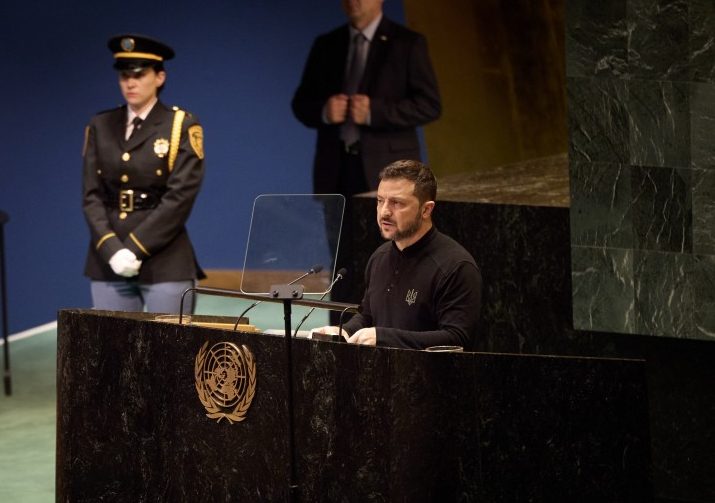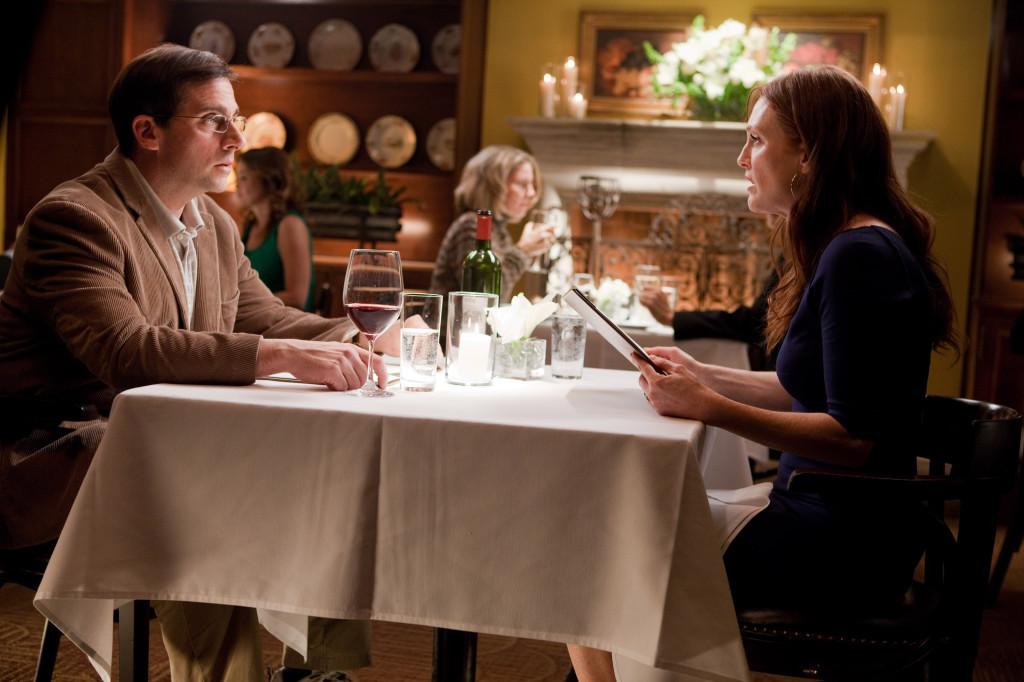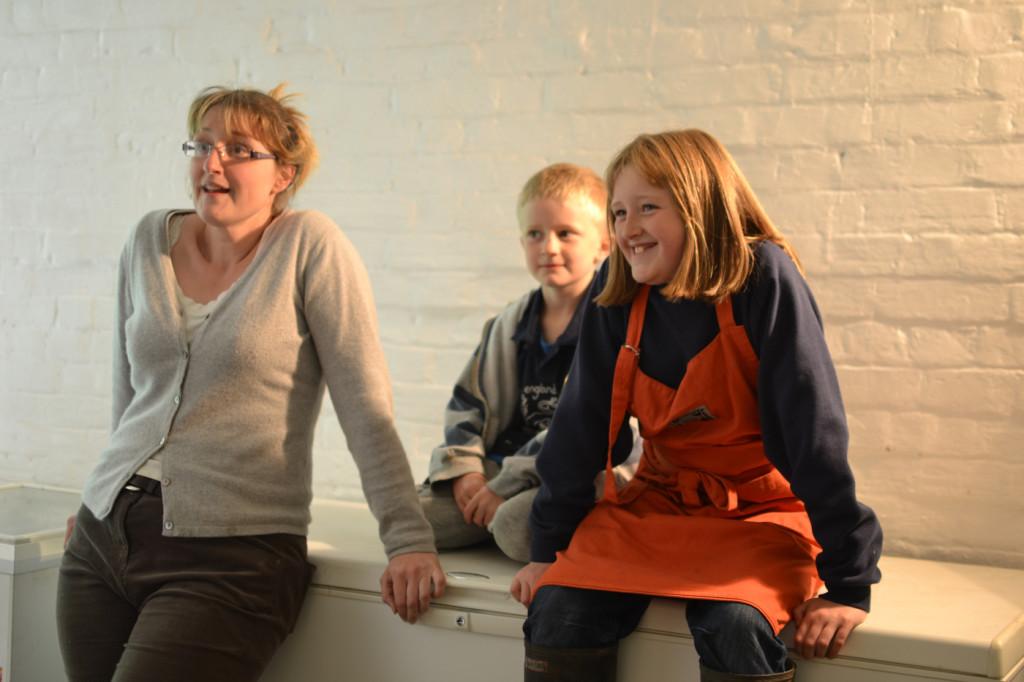A dream that once seemed impossible has come true for Harry Potter-loving fans.
Quidditch, the fictional sport created by J.K. Rowling in the bestselling Harry Potter series, is no longer solely for the witches and wizards. Over the past five years, more than 700 college and high school students from 13 different countries have formed teams and begun to play what is known as “Muggle Quidditch.”
Although players are naturally restricted to running on the ground instead of flying, they still hold broomsticks between their legs and adhere to as many of the series’ original game rules as possible.
The wizarding sport was first adapted for “Muggles,” or non-magical people, by Xander Manshel in 2005 at Middlebury College in Vermont. After the first intercollegiate match between Middlebury and Vassar College, Alex Benepe, a friend of Manshel, progressed from playing the sport at an intramural level and founded the Intercollegiate Quidditch Association. In 2010, the organization changed its name to the International Quidditch Association (IQA) to “reflect the international and youth-driven growth of the sport,” according to its website. The association also clearly states that it is not affiliated with Time Warner, Warner Brothers, or J.K. Rowling.
The IQA currently includes more than 400 college and 300 high school teams, representing countries such as Australia, Germany, Argentina, South Korea, and India.
Most recently on November 13 and 14, the IQA held its fourth annual Quidditch World Cup in New York City where 46 teams from American and Canadian schools such as Harvard, Yale, Tufts, and McGill University competed against each other. Middlebury College won the world championship title for the fourth time.
On the same days, UC Berkeley’s Quidditch team competed in its first Quidditch game against Stanford University, ending in Cal’s victory.
“It was fun to have a real competition after [just having] practices,” Gavin Saldanha, who plays chaser for the Cal team, said in an interview with the Winged Post.
Sean Robbins, co-captain of the Cal team, played the role of the human snitch in the game. According to the 54-paged rulebook created by Benepe, the small golden ball described in the Harry Potter series is played by a Snitch runner, who dresses in all yellow with a tennis ball tucked into a sock at the back of his shorts.
“It’s our job to do whatever it takes to get away from the seekers, whether that be climbing a tree, hiding in the branches, hiding in bushes, running around the field, jumping over obstacles, or even getting a little more physical and wrestling with the seeker,” Robbins said in an interview with the Winged Post.
For Robbins, the best part of playing Quidditch is being able to use his imagination and be “silly” during games.
“[Quidditch] is just a great way to get away from school for a little while and have fun with friends [while] doing something completely ridiculous that you don’t get to do on a normal daily basis,” Robbins said.
Madison White, co-captain of the Stanford team, describes Quidditch as “a gathering place for true Harry Potter nerds.”
“I have always been a huge Harry Potter fan, so I was so excited to hear that there was Muggle Quidditch. Throughout practices there are so many Harry Potter puns and jokes. It is great,” White said in an interview with the Winged Post.
Andrea Hill, who is the founder of the Carleton University Quidditch team in Canada, was inspired to form a Quidditch team at her own school after watching the third annual Quidditch World Cup at Middlebury College and being “blown away” by the amount of fun the players were having during the games.
She said that as a Canadian team, it is harder to find competition nearby and play against other schools as compared to teams in the United States.
“We don’t have many active teams in Canada, so one of our big goals is to make the sport more popular and get more people involved so that we do have a wider Quidditch community here,” Hill said in an interview with the Winged Post.
In the university-dominated Quidditch World Cup, three American high schools competed as well. Toms River East High School from New Jersey was one of them.
Ryan McGilloway, the founder of the Toms River Hydras Quidditch team, said that it is more difficult for high school teams to acquire funding and gather players to hold practices.
“Other than that, I feel that my team is dead equal to most college teams out there.” McGilloway said in an interview with the Winged Post.
All the Quidditch players agree that being a successful Quidditch player requires a great deal of stamina, since players run constantly around the field while holding a broomstick between their legs.
“Running with a broom takes some getting used to, but it is not as bad as you might think. So far, we have had more problems with injuries to the brooms, rather than injuries from the brooms,” White said.
Robbins also added that having a good sense of humor is an important attribute of a Quidditch player.
“It’s all about knowing that you look ridiculous with the broom between your legs, but still being able to have fun with it,” Robbins said.
Hill also believes that Muggle Quidditch will continue to spread worldwide.
“Right now, the students who are in university are the ones who have grown up with Harry Potter, which I think definitely helps the Quidditch movement,” Hill said. “Obviously the sport is the biggest in the U.S., but it’s really growing in Canada and I can see that now a lot of people are expressing interest. I’m really hoping that Quidditch grows more as well overseas in places like Europe and Asia.”
In the Upper School, students have mixed opinions about the potential of playing Muggle Quidditch as a future spirit activity.
“It might be interesting, but too cliché,” Ashtyn Ka (12) said.
On the other hand, Michaela Kastelman (10) said, “[Quidditch] is my favorite sport. [Playing Quidditch] would be like imagining yourself flying. It sounds like fun.”


















![“[Building nerf blasters] became this outlet of creativity for me that hasn't been matched by anything else. The process [of] making a build complete to your desire is such a painstakingly difficult process, but I've had to learn from [the skills needed from] soldering to proper painting. There's so many different options for everything, if you think about it, it exists. The best part is [that] if it doesn't exist, you can build it yourself," Ishaan Parate said.](https://harkeraquila.com/wp-content/uploads/2022/08/DSC_8149-900x604.jpg)




![“When I came into high school, I was ready to be a follower. But DECA was a game changer for me. It helped me overcome my fear of public speaking, and it's played such a major role in who I've become today. To be able to successfully lead a chapter of 150 students, an officer team and be one of the upperclassmen I once really admired is something I'm [really] proud of,” Anvitha Tummala ('21) said.](https://harkeraquila.com/wp-content/uploads/2021/07/Screen-Shot-2021-07-25-at-9.50.05-AM-900x594.png)







![“I think getting up in the morning and having a sense of purpose [is exciting]. I think without a certain amount of drive, life is kind of obsolete and mundane, and I think having that every single day is what makes each day unique and kind of makes life exciting,” Neymika Jain (12) said.](https://harkeraquila.com/wp-content/uploads/2017/06/Screen-Shot-2017-06-03-at-4.54.16-PM.png)








![“My slogan is ‘slow feet, don’t eat, and I’m hungry.’ You need to run fast to get where you are–you aren't going to get those championships if you aren't fast,” Angel Cervantes (12) said. “I want to do well in school on my tests and in track and win championships for my team. I live by that, [and] I can do that anywhere: in the classroom or on the field.”](https://harkeraquila.com/wp-content/uploads/2018/06/DSC5146-900x601.jpg)
![“[Volleyball has] taught me how to fall correctly, and another thing it taught is that you don’t have to be the best at something to be good at it. If you just hit the ball in a smart way, then it still scores points and you’re good at it. You could be a background player and still make a much bigger impact on the team than you would think,” Anya Gert (’20) said.](https://harkeraquila.com/wp-content/uploads/2020/06/AnnaGert_JinTuan_HoHPhotoEdited-600x900.jpeg)

![“I'm not nearly there yet, but [my confidence has] definitely been getting better since I was pretty shy and timid coming into Harker my freshman year. I know that there's a lot of people that are really confident in what they do, and I really admire them. Everyone's so driven and that has really pushed me to kind of try to find my own place in high school and be more confident,” Alyssa Huang (’20) said.](https://harkeraquila.com/wp-content/uploads/2020/06/AlyssaHuang_EmilyChen_HoHPhoto-900x749.jpeg)















